Ray Price
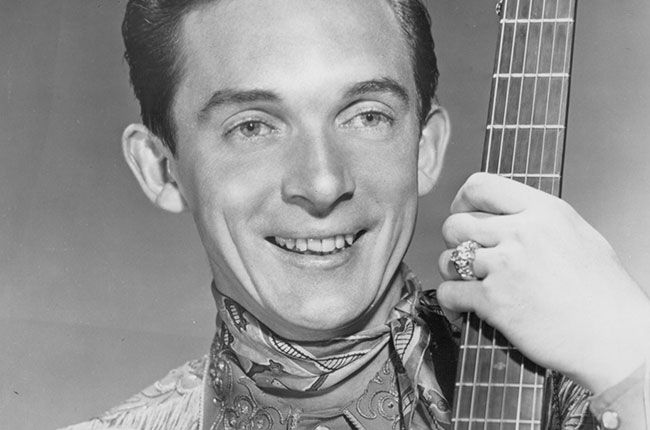
Ray Price was born on January 12, 1926 on a farm near the small, now gone, community of Peach, Near Perryville in Wood County, Texas. Price was three years old when his parents divorced and his mother moved to Dallas, Texas. For the rest of his childhood he split time between Dallas and on the family farm, where his father had remained.
Price was drafted in 1944 and served as a U.S. Marine in the Pacific Theater. He returned to the college after the war, and many years later (1972) was honored as a distinguished alumni.
Price cut his first record for Bullet in Dallas around 1949. In 1951, he was picked up by Columbia, the label for which he would record for more than 20 years. After knocking around in Lefty Frizzell's camp for six months or so (his first Columbia single was a Frizzell composition), Price befriended Hank Williams. The connection brought him to the Opry and profoundly affected his singing style.
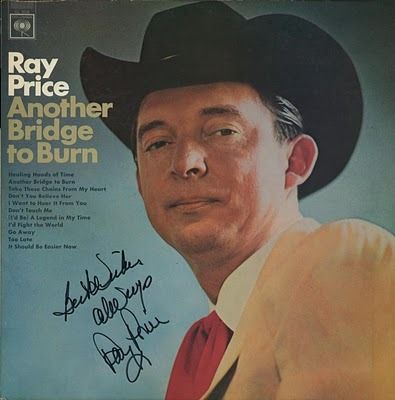
Following the success of "Don't Let the Stars Get in Your Eyes" in the fall of 1952, Price was quiet for much of 1953. It wasn't until 1954 that he returned to the charts with "I'll Be There (If You Ever Want Me)", a number two hit that kicked off a successful year for Price that also included the Top Ten singles "Release Me" and "If You Don't, Somebody Else Will". Instead of capitalizing on that success, he disappeared from the charts during 1955, as he spent the year forming the Cherokee Cowboys. Over the course of those previous two years, he had realized that performing with the Drifting Cowboys made him sound too similar to Hank Williams, so he decided to form his own group. Originally, most of the members were lifted from Lefty Frizzell's Western Cherokees, but over the years a number of gifted musicians began their careers in this band, including Roger Miller, Johnny Paycheck, Buddy Emmons, Johnny Bush, and Willie Nelson.
Ray returned to the charts in 1956, first with "Run Boy" and then with "Crazy Arms", a driving honky tonk number that immediately became a country classic. The song was one of the first country records to be recorded with a drum kit, which gave it a relentless, pulsating rhythm. Until Price, most country artists were reluctant to use drums and the instrument was even banned from the stage of the Grand Ole Opry. The blockbuster status of the single helped change that situation. Spending an astonishing 20 weeks at the top of the country charts, "Crazy Arms" not only crossed over into the lower reaches of the pop charts, but it also established Price as a star.
After the success of the single, he remained at or near the top of the charts for the next ten years, racking up 23 Top Ten singles between 1956 and 1966. During this time, he recorded a remarkable number of country classics, including "I've Got a New Heartache" (number two, 1956), "My Shoes Keep Walking Back to You" (number one, 1957), "Make the World Go Away" (number two, 1963), and "City Lights", which spent 13 weeks at the top of the charts in 1958.
Price also gave a leg up to many young musicians and songwriters. Willie Nelson, Roger Miller, and Johnny Paycheck all passed through his band, the Cherokee Cowboys, while Nelson, Harlan Howard, and Hank Cochran wrote for the publishing company of which Price was part owner, Pamper Music. Price's 1959 rendition of Howard's "Heartaches by the Number" helped establish Howard in Nashville, while Price's 1958 smash "City Lights" did the same for its writer, Bill Anderson.
By the late 80s, Price had stopped concentrating on recording and had turned his efforts toward a theater he owned in Branson, Missouri. For most of the 90s, he sang and performed at his theater in Branson, occasionally stopping to record. Of all of his 90s records, the most notable is the 1992 album Sometimes a Rose, which was produced by Norro Wilson. Among his handful of full-length albums during the 2000s, two were collaborations: 2003's Run That by Me One More Time with Willie Nelson, and 2007's Last of the Breed with Nelson and Merle Haggard. Both albums appeared on the alt-country label Lost Highway, and the latter also sparked a tour featuring the trio of country heavyweights.
In early 2012, Price announced that he had pancreatic cancer, although chemotherapy appeared to be successful and he hoped to return to the road and record an album of love songs dedicated to his wife. He was briefly hospitalized again in May 2013, however, and in December of that year, he entered hospice care. Ray Price died at his home in Texas on December 16, 2013.
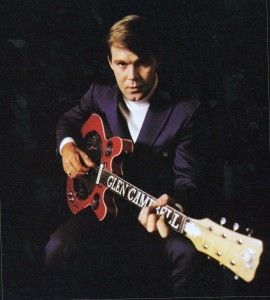 |
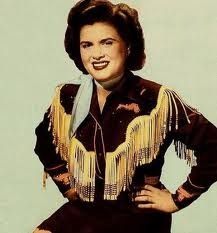 |
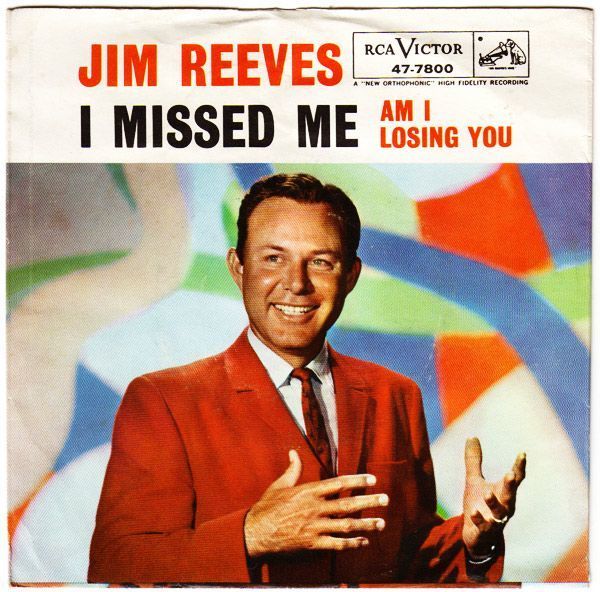 |
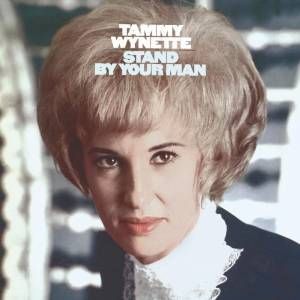 |
 |
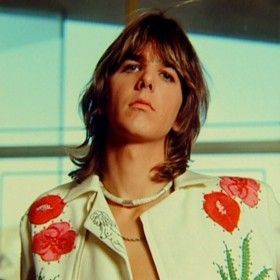 |
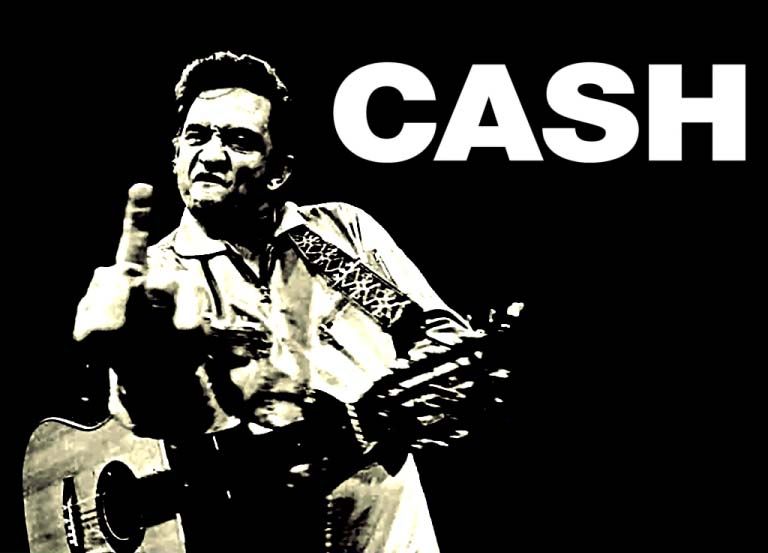 |
 |






